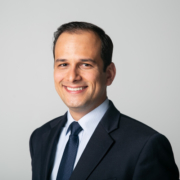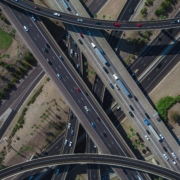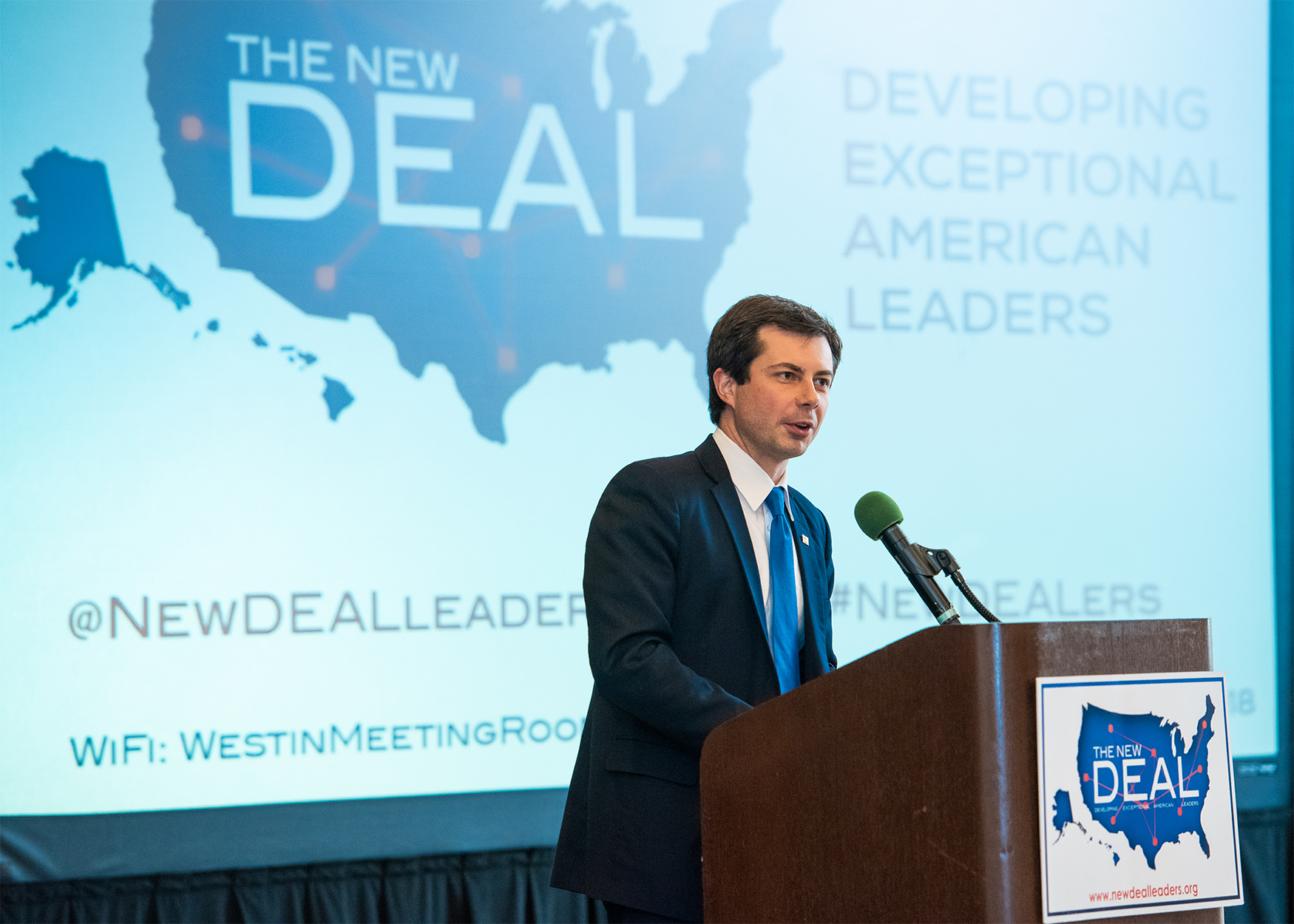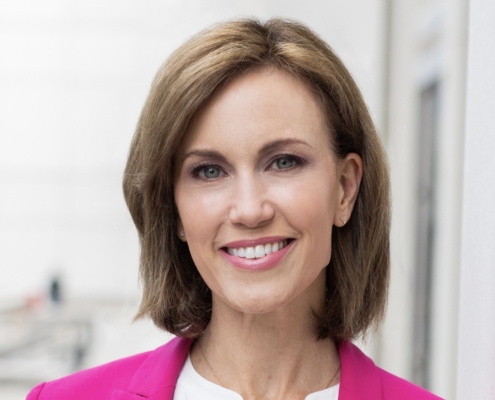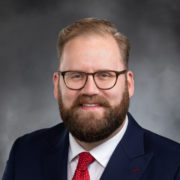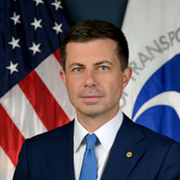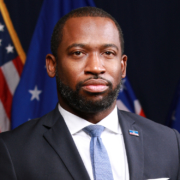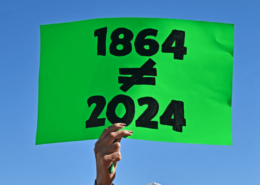Problem
Lincoln is dedicated to a climate-smart, low-carbon way of life and has set an ambitious goal to reduce our net greenhouse gas (GHG) emissions by 80% by 2050. The anaerobic digestion of solids that go to wastewater treatment facilities produces methane, a powerful GHG. Historically, Lincoln burned off the gas by flaring it. By 1991 however, Lincoln installed generators that could harness the biogas from the anaerobic process to produce electricity for the treatment plant. When these generators reached the end of their useful life, Lincoln went in search of solutions that could further optimize our wastewater system by harvesting renewable methane, converting it to usable fuel, and significantly reducing GHG emissions.
Solution
Lincoln developed a new process that treats, cleans, and transforms the biogas generated by our wastewater system into quality, renewable vehicle fuel. This solution also protects air quality by stripping the biogas of dangerous pollutants, including sulfur and carbon dioxide. The City partnered with HDR Engineering, Building Crafts Incorporated, and Black Hills Energy, which built the infrastructure needed to connect the renewable natural gas to the national natural gas pipeline system. To get renewable natural gas on the marketplace, the City is also partnering with Bluesource, a national energy management company.

